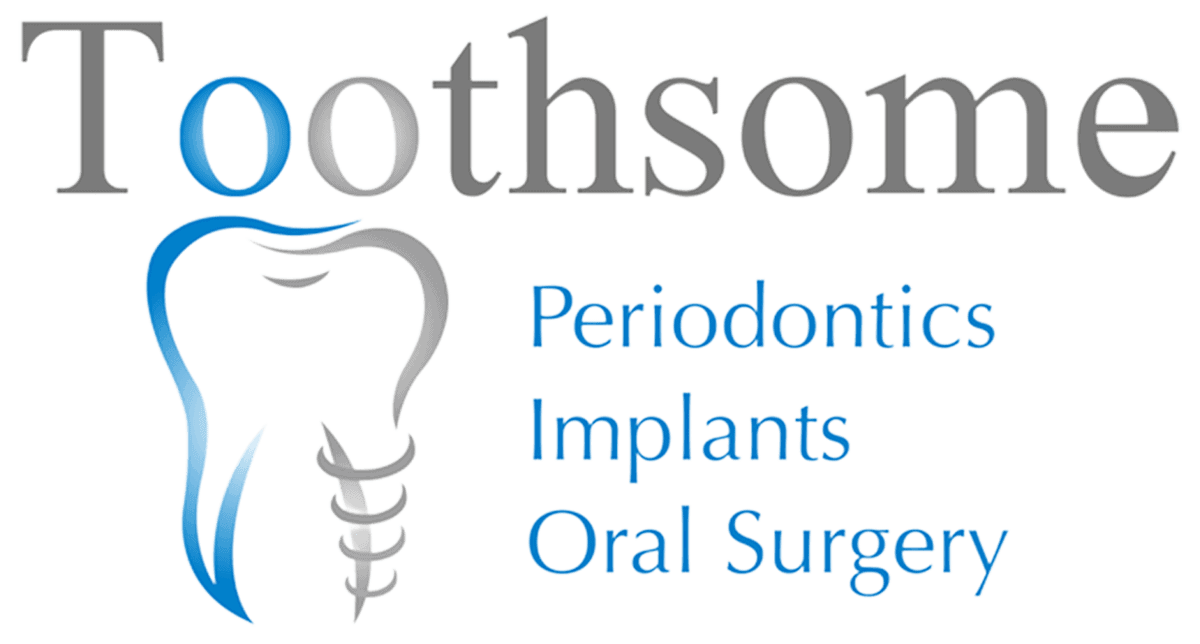Ceramic implants, especially zirconia, are biocompatible and offer natural-looking teeth. They are crucial for enhancing oral health and overall well-being.
How Long Do Ceramic Tooth Implants Last?
Ceramic implants last 10-15 years with good care. The titanium/zirconia base is very durable, but the porcelain crown may need replacing after this time.
Advantages of Ceramic Implants
Ceramic implants offer numerous benefits that make them desirable for individuals seeking long-term dental solutions. One of the key advantages of ceramic implants is their biocompatible nature, particularly zirconia implants, which are well-tolerated by the body. This biocompatibility reduces the risk of adverse reactions, making ceramic implants a safe choice for many patients. Additionally, ceramic implants boast a natural appearance that closely resembles the look of real teeth, enhancing the overall aesthetic appeal of the smile.
Another significant advantage of ceramic implants is their ability to promote osseointegration, where the implant fuses with the surrounding bone. This integration provides a stable foundation for the implant, ensuring durability and longevity. Unlike traditional metal implants, ceramic implants do not conduct electricity or heat, offering additional comfort to the patient. Furthermore, ceramic implants are highly resistant to corrosion, minimising the risk of complications over time.
Longevity of Ceramic Implants
The durability and lifespan of ceramic implants have been extensively studied to assess their long-term performance in dental applications. Ceramic implants offer a remarkable longevity that can rival traditional metal implants. These implants are designed to withstand the demanding conditions of the oral environment while providing a reliable and long-lasting solution for patients requiring dental treatment.
One key factor contributing to ceramic implants’ longevity is their biocompatibility. This characteristic allows the implants to integrate seamlessly with the surrounding bone structure, promoting stability and durability. Ceramic implants support healthy oral health and function by mimicking the natural tooth structure, making them an excellent alternative to traditional metal implants.
Moreover, ceramic implants are resistant to corrosion and wear, ensuring their longevity even under the pressures of daily use. This makes them a reliable choice for individuals seeking a durable and long-term dental solution. Overall, the longevity of ceramic implants positions them as a valuable option for patients looking for a stable and enduring dental procedure.
Comparison With Metal Implants
Compared to traditional metal implants, ceramic implants offer distinct advantages in terms of longevity and performance in dental applications. Due to their numerous benefits, ceramic implants present a compelling alternative to metal implants, making them an attractive option for those seeking optimal oral health and aesthetic appeal.
- Ceramic implants are biocompatible, minimising the risk of allergic reactions and promoting better tissue integration.
- The natural tooth-coloured appearance of ceramic implants enhances the smile and boosts self-confidence, improving overall quality of life.
- Ceramic implants are highly resistant to corrosion, ensuring durability and longevity, which is essential for long-term dental care.
When compared with metal counterparts, ceramic implants have superior aesthetic qualities, biocompatibility, and durability, making them a preferred choice for individuals looking to enhance their oral health and overall well-being through advanced dental materials.
Durability and Strength of Ceramics
With a focus on durability and strength, ceramics in dental implants demonstrate exceptional resilience and robustness in various oral health applications. Ceramic implants are known for their outstanding durability, making them a reliable option for long-term success in dental care. The strength of ceramic materials allows for the effective restoration of missing teeth, providing patients with a functional and aesthetically pleasing solution. This durability ensures that ceramic implants have a high longevity rate, offering patients the benefits of lasting oral health improvement.
Ceramic implants’ exceptional strength plays a crucial role in their success in oral health applications. These implants can withstand the demands of daily use, such as biting and chewing, without compromising their structural integrity. This strength contributes to their overall effectiveness in restoring oral function and enhancing patients’ quality of life. By prioritising durability and strength, ceramic implants continue to be a valuable option for dental restoration, offering long-term benefits for oral health.
Aesthetics and Natural Look
Exemplifying elegance and realism, ceramic implants offer a natural aesthetic appeal that enhances the overall visual harmony of a patient’s smile. Their high aesthetics contribute to a beautiful appearance and boost patient confidence and satisfaction.
Here are three emotional aspects to consider:
- Boosted Self-Esteem: A natural-looking smile can significantly improve a patient’s self-esteem, allowing them to feel more confident in social interactions and daily activities.
- Enhanced Facial Symmetry: Ceramic implants help restore facial symmetry by filling gaps and creating a balanced smile, leading to a more harmonious facial appearance.
- Youthful Appearance: Ceramic implants’ lifelike appearance can help patients achieve a more youthful look, rejuvenating their overall facial aesthetics and smile.
Patients seeking dental care desire functional benefits and value the emotional impact of a natural-looking smile. With their focus on aesthetics and longevity, Ceramic implants play a crucial role in enhancing oral health and overall well-being.
Impact on Overall Well-being
Ceramic implants enhance oral health and significantly contribute to patients’ overall well-being. These implants provide numerous benefits that extend beyond replacing missing teeth. By promoting oral health, ceramic implants help maintain the integrity of surrounding gum tissue and prevent bone loss in the jawbone. This preservation of oral structures supports long-term dental hygiene and overall well-being.
The impact of ceramic implants on overall well-being is profound. When patients undergo implant procedures, they gain functional teeth and experience a boost in confidence and self-esteem. The natural look and feel of ceramic implants aid in restoring a patient’s ability to eat, speak, and smile comfortably. This restoration improves quality of life and a positive outlook on personal health.
Furthermore, the healing process associated with ceramic implants contributes to patients’ overall well-being. As the implants integrate with the jawbone, they promote stability and strength, enhance oral functions, and ensure long-term benefits for the individual’s health and happiness.
Key Takeaways
Ceramic implants offer numerous advantages over metal implants, including longevity, durability, and aesthetic appeal. Their strength and natural appearance contribute to patients’ overall well-being.
The comparison with metal implants highlights the superiority of ceramics in various aspects. Ultimately, the benefits of ceramic implants make them a valuable choice for individuals seeking a long-lasting and aesthetically pleasing solution for their dental needs.
If you are considering dental implants and value these advantages, look no further than Toothsome Implants Baulkham Hills in NSW 2153. Take the first step towards achieving a beautiful and long-lasting smile by scheduling a consultation with our experienced team today.



